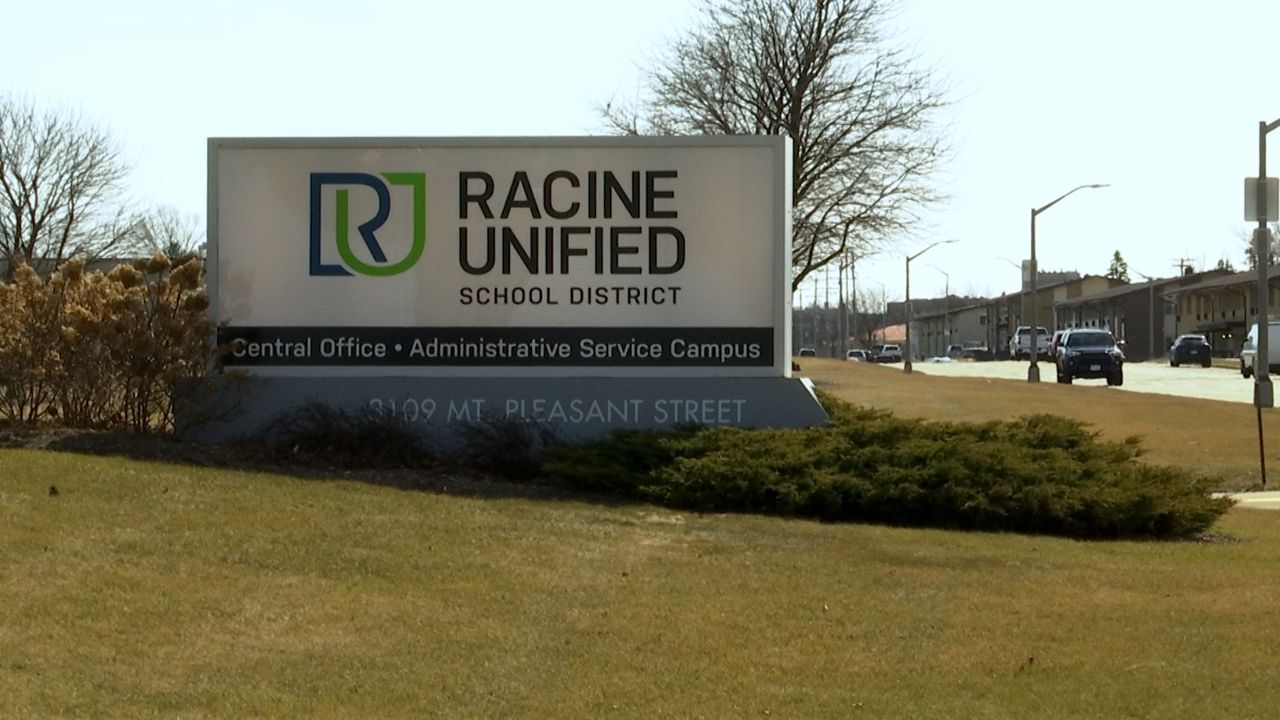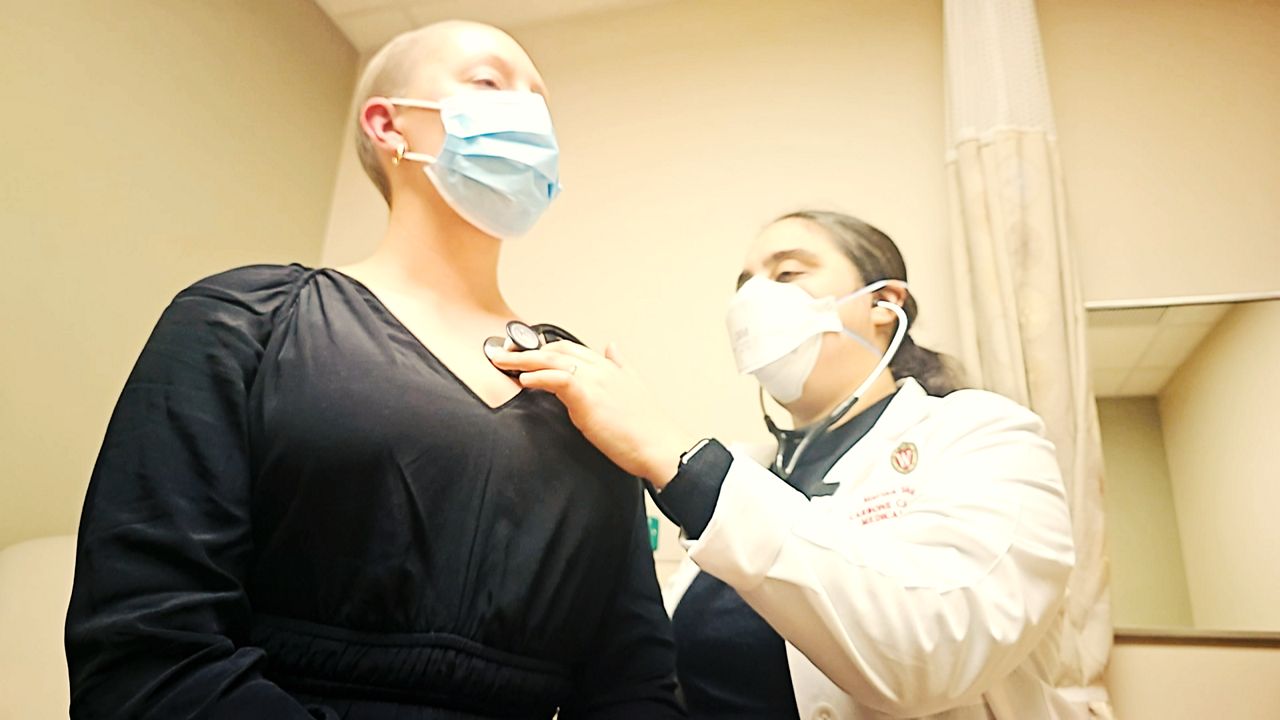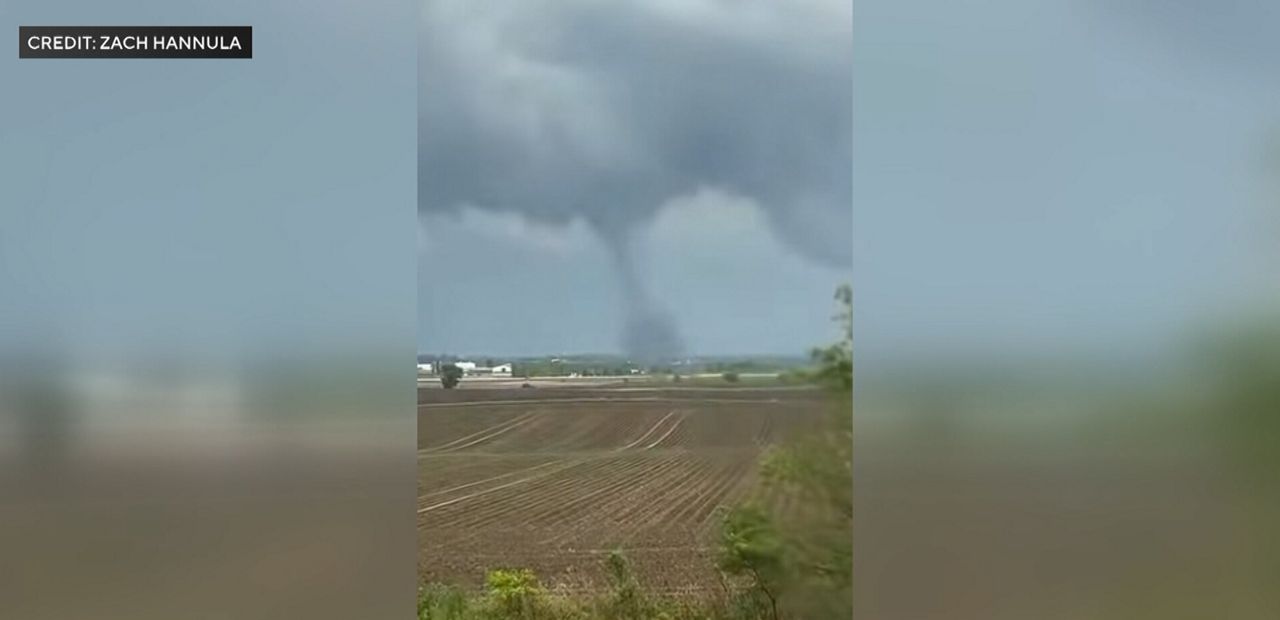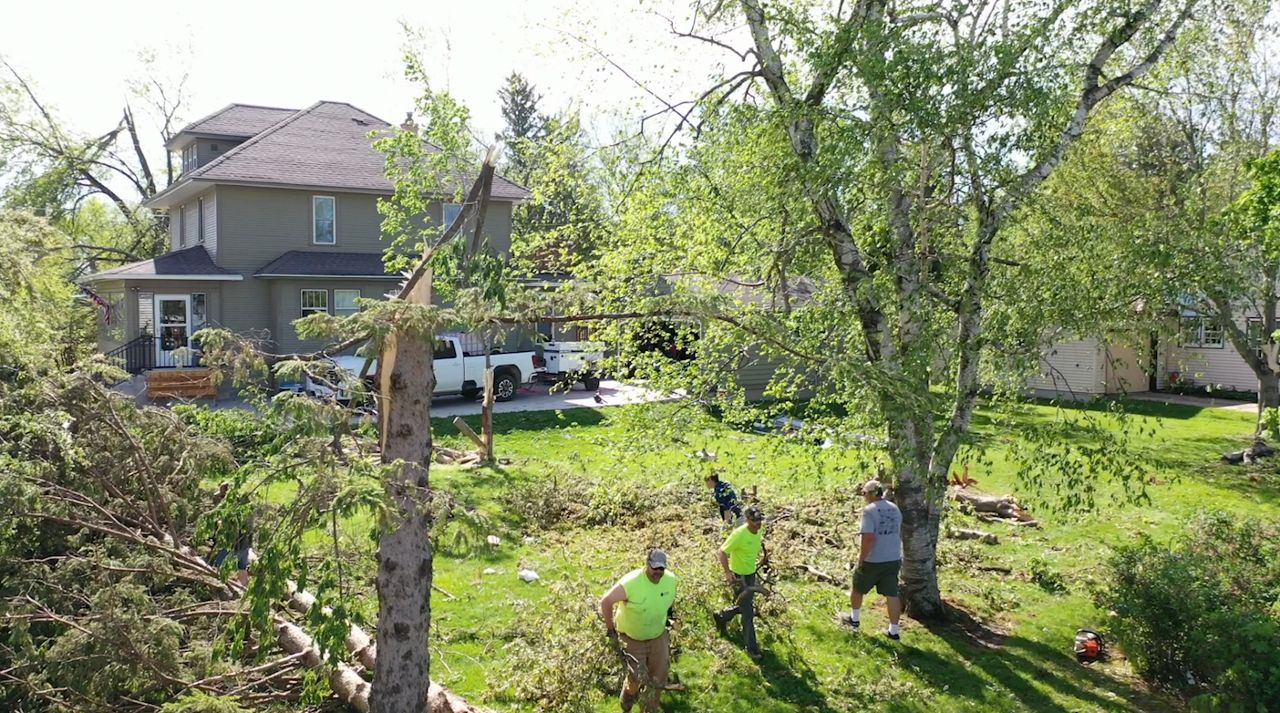DE PERE, Wis. — The measles outbreak across the U.S. is showing no signs of slowing.
The Centers for Disease Control and Prevention (CDC) is now reporting that measles cases have surpassed 1,000. Back in March, the CDC reported just over 200 cases.
Although there have been no measles cases reported in Wisconsin this year, doctors said the state should be concerned.
Minnesota, Michigan and Illinois are states that border Wisconsin. These states have also had reported measles cases.
Dr. Lindsay Duester with Prevea Health said that with Wisconsin’s low measles vaccination rate, it's not a matter of if but when the Badger State will see its first measles case.
“At this point in the country, our vaccination rate is about 92%. Wisconsin's vaccination rate is just under 85%, so it's actually the second worst in the country. So, I do think that if it comes into the state, it very well could spread, because not everybody is protected from the vaccine," Duester said.
In May, 29 states reported measles cases. In March, that number was 15, according to the CDC.
Duester said measles is one of the most contagious viruses.
“It spread two ways. The one that is lingering in the air is the airborne virus, where it just kind of floats in the air for two hours afterwards. But it can also be spread by the more traditional droplets. So, if you cough, sneeze, have any mucus that you release that can cause spread as well," Duester said.
Ginny Siscoe said she’s nervous about Wisconsin’s low measles vaccination rate because she interacts with the public.
“I volunteer at the ADRC (Aging and Disability Resource Center) in Green Bay. I volunteer for the university with my yoga practice. I am a professional musician, so that's in the public. I know that measles is coming, and I just don't want to deal with measles at this point in my life," Siscoe said.
Siscoe said she got her measles vaccination in elementary school. She said recently, doctors told her that the vaccine was no longer effective, so she got boosted.
“I needed immunity, so I went and got my first, and actually, it was that was interesting too, because I got the last dose. So, people are starting to figure out that this is something that we need to protect ourselves against," Siscoe said.
In the more than 900 current measles cases nationally, 96% were unvaccinated. Duester shared some advice for how to stay protected.
"I would recommend that everybody who is unvaccinated, go ahead and get your vaccine," Duester said.
The CDC reported that two doses of the MMR vaccine are 97% effective at preventing measles, and one dose is 93%.
Deuster recommends that you check your vaccination status with your health care provider.





?wid=320&hei=180&$wide-bg$)






